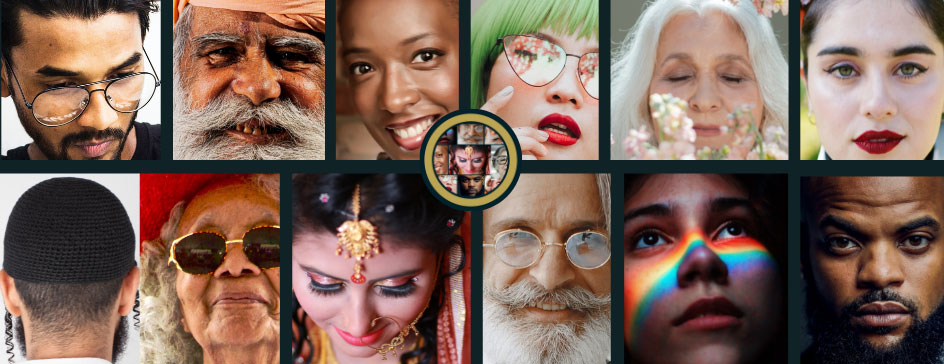What is Diverse Mental Health?
It is evident that many women and people from diverse groups, experience poor mental health and mental illness at higher rates in comparison to other groups. This relates to mentally harmful experiences, which are connected to factors of; race, ethnicity, gender, sexual orientation, physical ability, age, neurodiversity, religion, financial or social status.
In order to provide meaningful and effective support, it is essential to understand and consider these specific experiences and how they contribute to a person’s well- being and mental health condition.

The Harmful Factors Related to Diversity & Mental Health
The range of harmful factors related to Diversity & Mental Health can be found in experiences such as; racism, homophobia, xenophobia, prejudice, discrimination, sexism, ageism, bullying, harassment, humiliation, abuse, violence, rejection, lack of opportunity, exclusion and unfair treatment.
Impact on Mental Health
The impact of these experiences can be seen in negative mental health & wellbeing consequences such as;



The Free Choices Diverse Mental Health Approach
Our Diverse Mental Health approach essentially takes into account the particularly detrimental mental health experiences of women and people from diverse groups. Recognition and understanding of these experiences, allows for the assessment of the broader impact, enabling the development of more person centred, meaningful and effective support.



